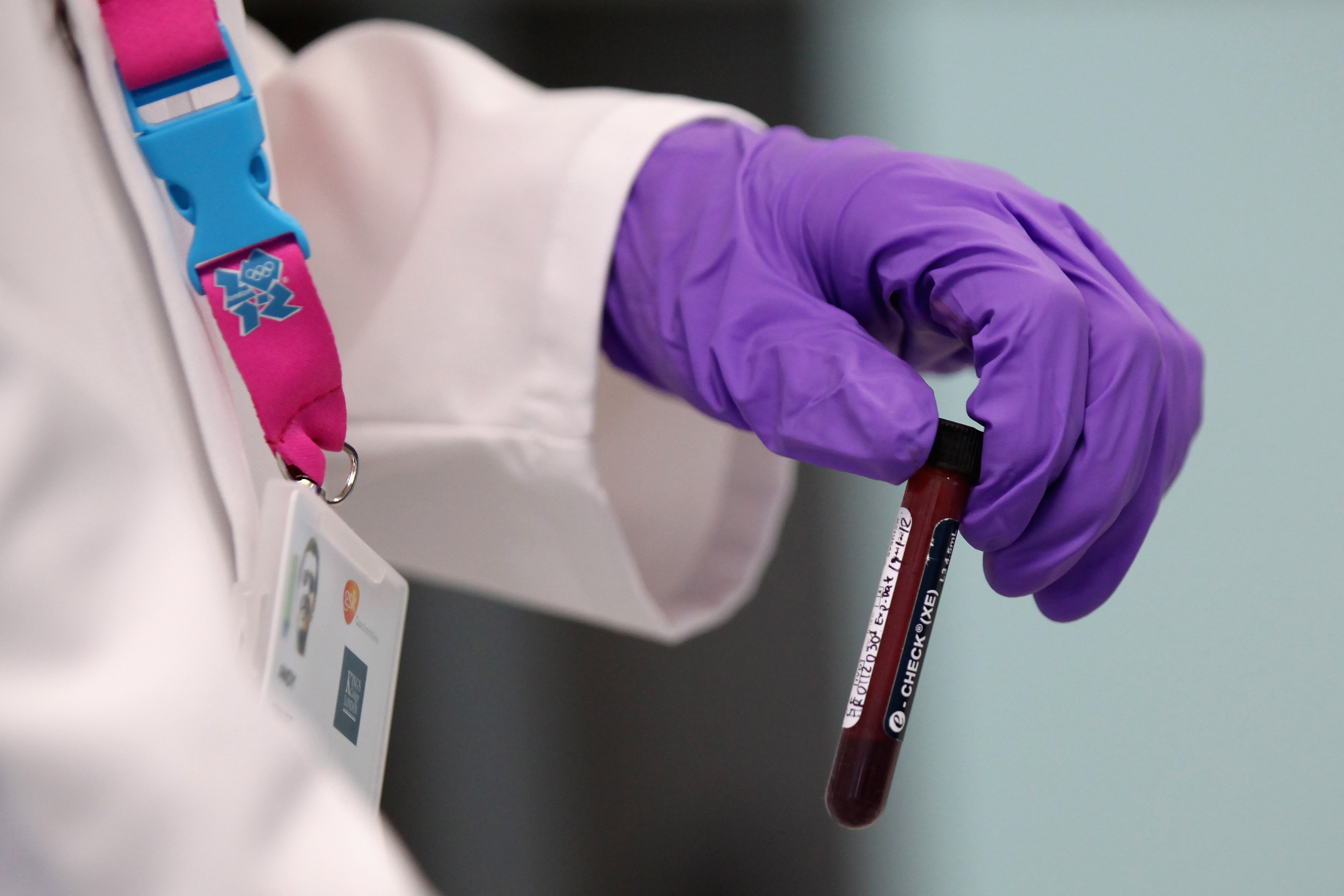WADA obtains new evidence in Russian doping investigation
Whistle-blower provided database that could widen scope

The World Anti-Doping Agency (WADA) announced on Friday that it had obtained new evidence in the case of state-sponsored doping of athletes in Russia, saying its independent Intelligence and Investigations (I&I) department "is in possession of an electronic file that the Department is confident is the Laboratory Information Management System (LIMS) database of the Moscow Laboratory, i.e. all testing data between January 2012 – August 2015."
The NY Times reported that the database came not through official channels but through a whistle-blower, and could widen the scope of an investigation that has already produced two independent reports headed up by Richard McLaren.
Before the Olympic Games in Rio de Janeiro, McLaren was able to confirm allegations that the Russian government was behind efforts to subvert the anti-doping procedures by the Moscow Laboratory, protecting riders from doping positives and even swapping samples during the 2014 Winter Olympics in Sochi.
Part of the scheme involved the laboratory reporting analytical doping positives to the Ministry of Sport, which would then decide whether to protect the athlete or not. If the Ministry directed it, the laboratory would report the sample falsely as negative in WADA's Anti-Doping Management System (ADAMS).
But the new trove of data would likely contain the original positive results and the identity of the athlete who submitted the sample. With this information, WADA would be able to cross-check the result in ADAMS against that of the Russian LIMS database, and potentially declare anti-doping rule violations, where it had before struggled to do so without direct evidence.
- Codename Duchess: Why the McLaren report matters
- Cyclists among the 1,000 Russian athletes implicated in McLaren report
- Russian cyclists banned from Olympic Games sue WADA, McLaren for damages
- Russian anti-doping lab tampering 'doesn't have that big an impact' on cycling, says Cookson
- IOC decision puts Zakarin, Zabelinskaya out of Olympic Games
The McLaren report suggested that around 1,000 athletes benefited either directly or indirectly from the cover-up, and while the focus currently rests on the athletes set to compete in the 2018 Winter Olympics in Korea, no sport seemed to be immune from the fraudulent scheme, including cycling.
Get The Leadout Newsletter
The latest race content, interviews, features, reviews and expert buying guides, direct to your inbox!